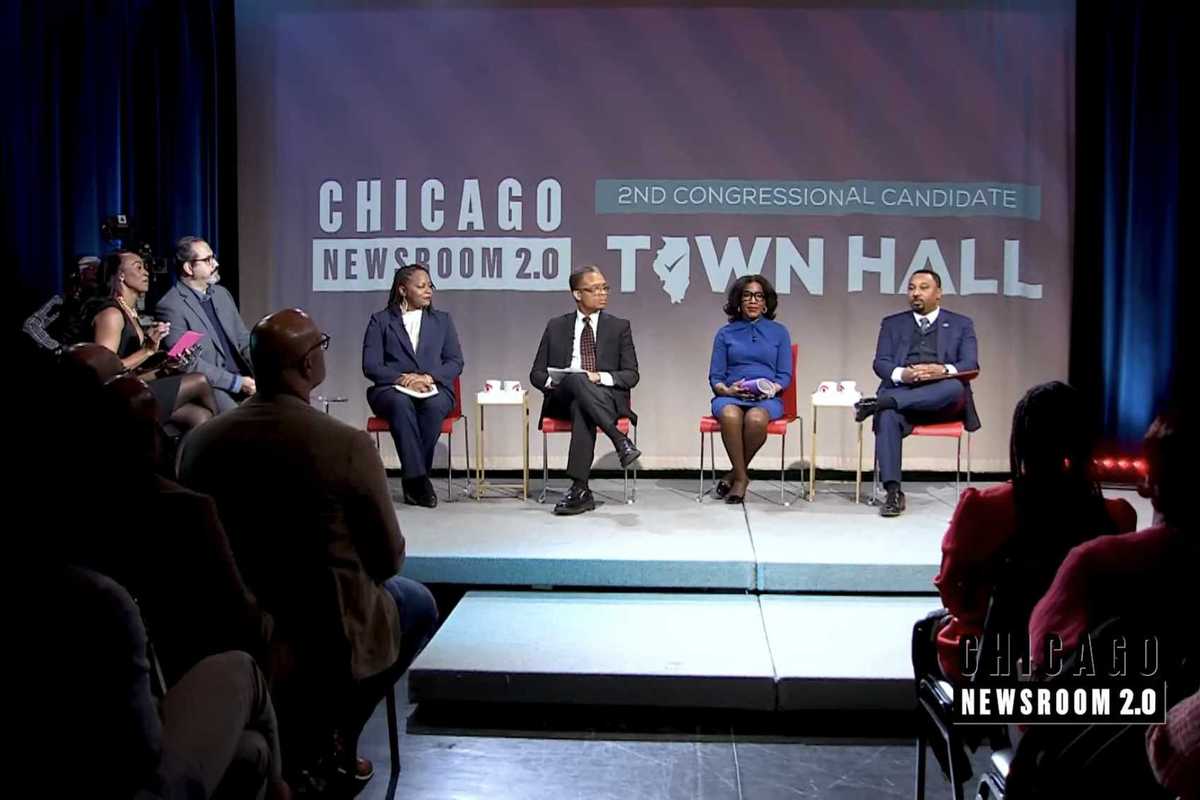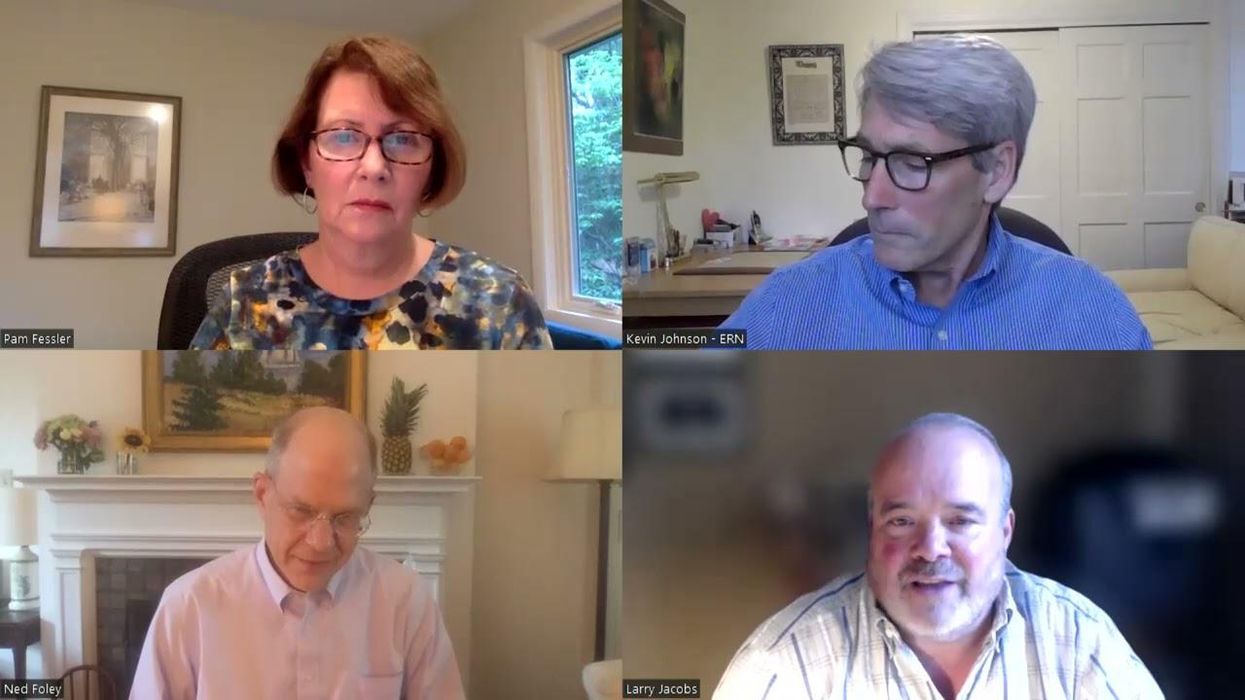In this session, the Network for Responsible Public Policy takes a look at the challenges facing our elections, particularly at the structures the country has used for many generations that in an era of hyperpartisanship have become sources of national vulnerability.
Video: America's vulnerable elections
America's Vulnerable Elections




















